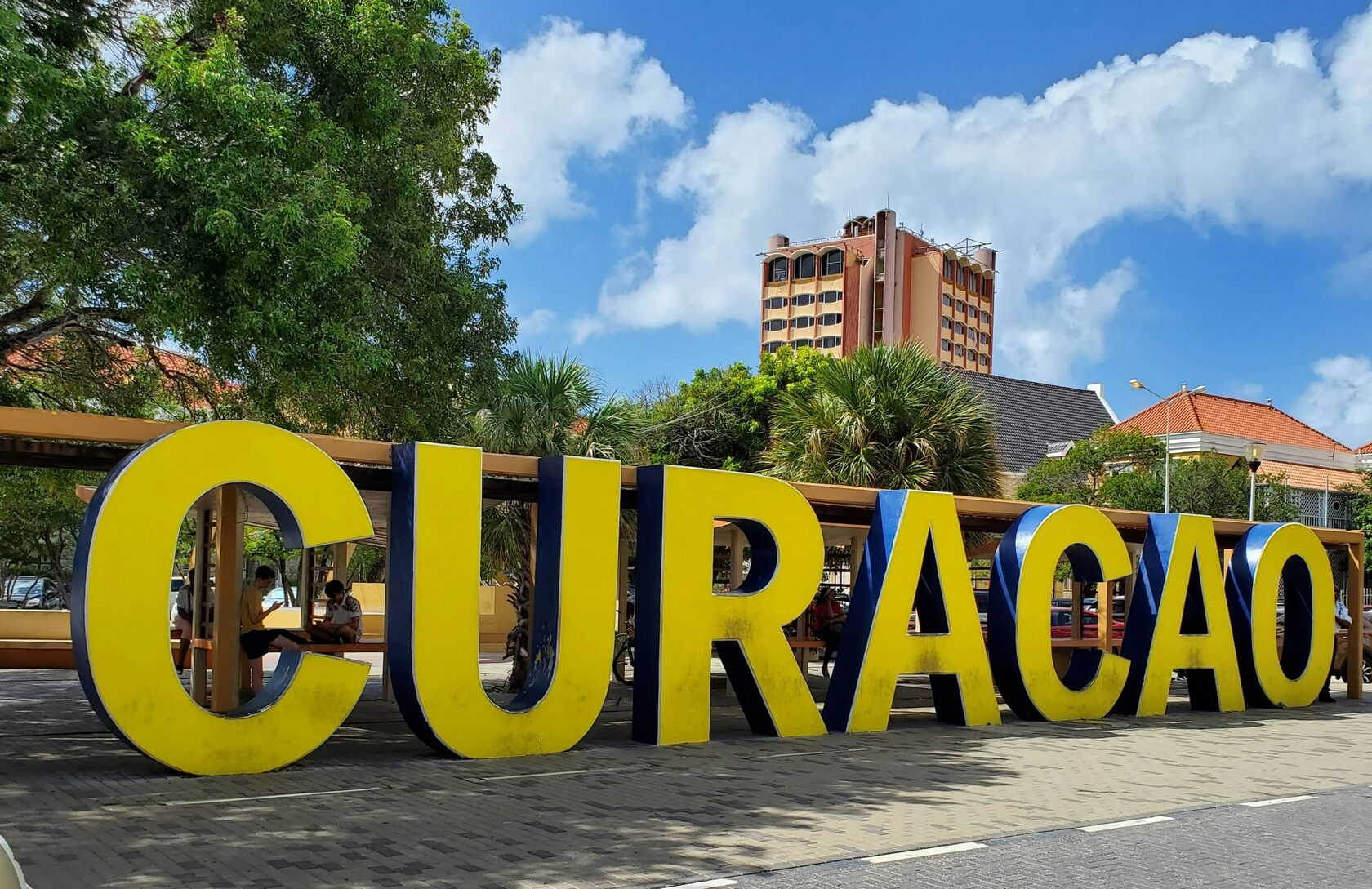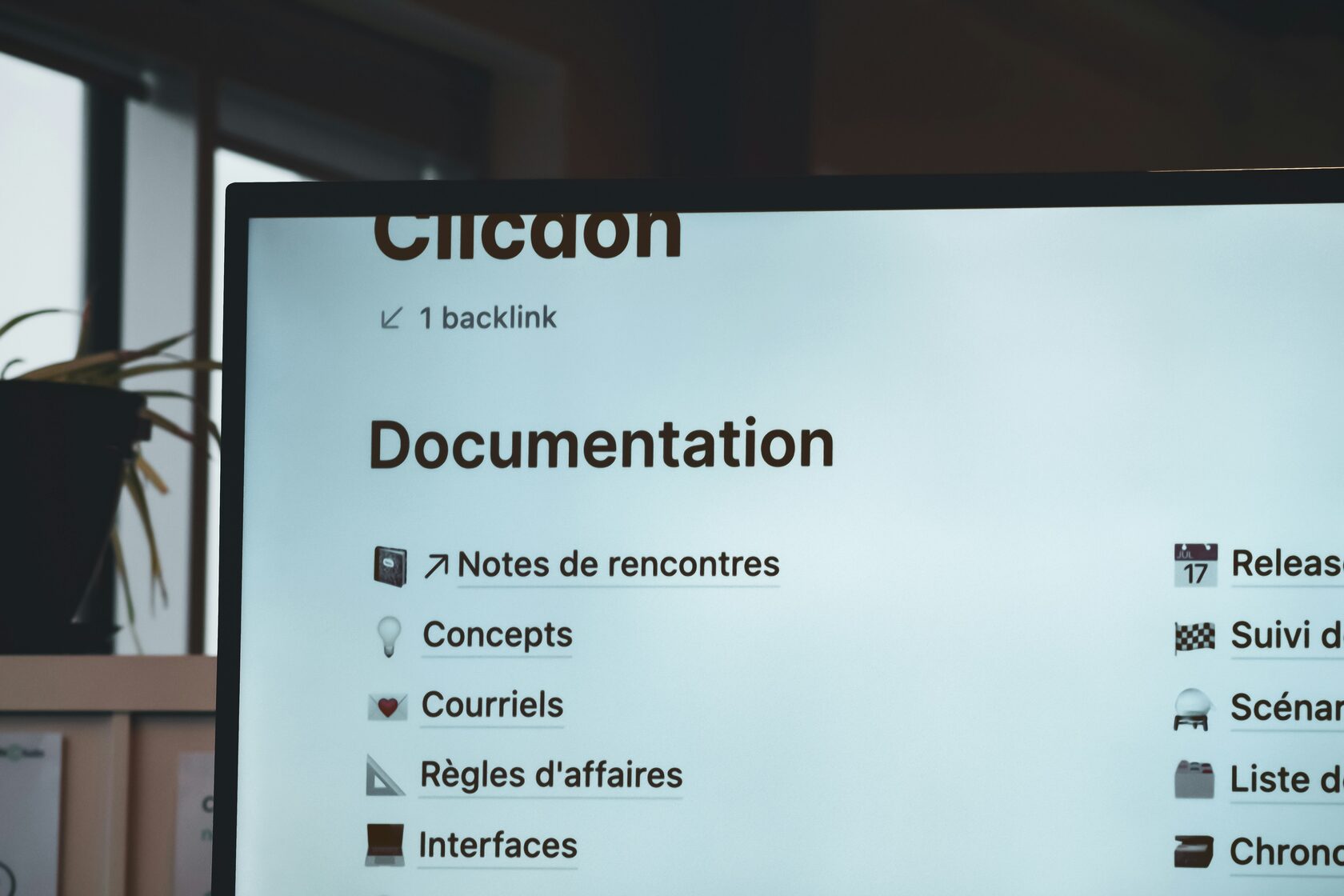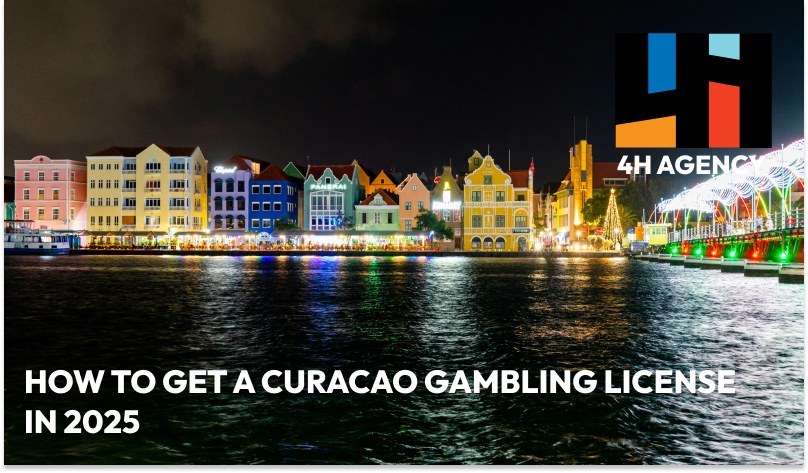Why Choose a Curacao License?
Obtaining a Curacao gambling license in 2025 remains a smart strategic move for both new and established operators. Curaçao continues to be the #1 offshore jurisdiction for gaming companies due to its cost efficiency, regulatory clarity, and global recognition.
The recently implemented Curacao license 2025 framework under the LOK regime modernizes the system while retaining Curaçao's business-friendly features. It offers a clear, internationally aligned structure with robust AML, responsible gambling, and technical compliance obligations, elevating the jurisdiction’s standing without making entry inaccessible.
A key advantage is the indefinite license term, which allows operators to maintain their Curacao iGaming license without the need for annual renewals, reducing administrative burden and offering long-term certainty. At around ~€47,000 annually, the Curacao gaming license cost is significantly lower than in other regulated markets.
The process to apply for a Curacao license is efficient, with options for provisional licensing, phased compliance, and exemptions for smaller or new operators. Moreover, the jurisdiction is widely accepted by payment providers, affiliates, and B2B partners, and is ideal for operating in emerging and grey markets.
No other online gambling license offers the same balance of credibility, affordability, and scalability. For operators seeking to setup a Curacao gaming company, it remains the most viable and future-proof licensing solution.
The recently implemented Curacao license 2025 framework under the LOK regime modernizes the system while retaining Curaçao's business-friendly features. It offers a clear, internationally aligned structure with robust AML, responsible gambling, and technical compliance obligations, elevating the jurisdiction’s standing without making entry inaccessible.
A key advantage is the indefinite license term, which allows operators to maintain their Curacao iGaming license without the need for annual renewals, reducing administrative burden and offering long-term certainty. At around ~€47,000 annually, the Curacao gaming license cost is significantly lower than in other regulated markets.
The process to apply for a Curacao license is efficient, with options for provisional licensing, phased compliance, and exemptions for smaller or new operators. Moreover, the jurisdiction is widely accepted by payment providers, affiliates, and B2B partners, and is ideal for operating in emerging and grey markets.
No other online gambling license offers the same balance of credibility, affordability, and scalability. For operators seeking to setup a Curacao gaming company, it remains the most viable and future-proof licensing solution.

Curacao Licensing System 2025: What’s New?
As of 2025, the old National Ordinance on Offshore Games of Chance (NOOGH) has been replaced by the LOK framework, creating a fully modernized structure for gaming regulation. All existing operators and new applicants must now comply with this new regime.
Transitional Licenses
Operators holding licenses issued under NOOGH in 2024 are now designated as transitional licensees. These operators must complete their transition to the LOK system by June 2025. During this period, they continue operating under the old regime, but must progressively implement LOK compliance measures. From July 2025, operators who fail to comply will not receive further invoices, and their licenses will be revoked.
Under the new regime, annual license fees are set at ~€47,000 for a Curacao B2C license and ~€24,000 for a Curacao B2B license. Invoices are issued in parts throughout 2025.
Important changes already in force include updated Anti-Money Laundering (AML) rules, and Alternative Dispute Resolution (ADR) mechanisms, which are now mandatory for all licensees. Future obligations such as local staffing and office presence will apply from 2028 and 2029.
Under the new regime, annual license fees are set at ~€47,000 for a Curacao B2C license and ~€24,000 for a Curacao B2B license. Invoices are issued in parts throughout 2025.
Important changes already in force include updated Anti-Money Laundering (AML) rules, and Alternative Dispute Resolution (ADR) mechanisms, which are now mandatory for all licensees. Future obligations such as local staffing and office presence will apply from 2028 and 2029.
Pending NOOGH Applicants
Applicants who were approved under NOOGH but had not paid their initial fees or received a transitional license before 24 December 2024 must now enter the LOK system directly. These applicants must settle any outstanding invoices and will receive updated billing for the remaining LOK fees.
Once licensed under LOK, these operators must comply with the same regulatory standards and operational requirements as new applicants, without a transitional phase. The Curaçao Gaming Authority (CGA) monitors their progress and may request additional documentation.
Once licensed under LOK, these operators must comply with the same regulatory standards and operational requirements as new applicants, without a transitional phase. The Curaçao Gaming Authority (CGA) monitors their progress and may request additional documentation.
Elimination of the B2C2B Category
Under the LOK framework, B2C and B2B licenses are strictly separated. The previous hybrid license model (B2C2B) is no longer recognized. A new B2B Certificate has been introduced for certain service providers supplying non-critical goods or services to operators. This certificate is valid for three years and does not require annual renewal or fee payments.
Application Process for a Curacao Gaming License
The application process for a LOK license consists of two formal stages: Phase One, which assesses the applicant’s integrity and financial viability, and Phase Two, which confirms compliance with technical, operational, and legal requirements.
Phase One
Phase One evaluates the background and financial integrity of the applicant, including:
- Identity and qualifications of UBOs, directors, and Qualified Interest Holders
- Legal source of funds and wealth
- Corporate structure and governance
Phase Two
Phase Two reviews technical and operational readiness:
The Curacao Gaming Authority (CGA) may issue a provisional license valid for six months during Phase Two. Both Curacao B2C license and Curacao B2B license applicants must submit a business plan, internal policies, and complete documentation. Processing time is typically eight weeks per phase.
- AML and responsible gambling policies
- Certification of platforms and games
- Local data storage infrastructure
The Curacao Gaming Authority (CGA) may issue a provisional license valid for six months during Phase Two. Both Curacao B2C license and Curacao B2B license applicants must submit a business plan, internal policies, and complete documentation. Processing time is typically eight weeks per phase.

Costs and Fees Breakdown
B2C License
Application fee: €4,592
- €150 per UBO
- €150 per Qualified Interest Holder
- €2,551 per Registered UBO
Annual license fee: €47,450
- €24,490 to the National Treasury
- €22,960 to the CGA
B2B License
Application fee: €4,592
- €150 per UBO
- €128 per Qualified Interest Holder
- €2,551 per Registered UBO
Annual license fee: €24,490 (paid to CGA)
B2B Certificate
Application fee: €383
- No annual fee required
Additional Administrative Fees
- Domain addition: €250 per domain
- Change/addition of UBO or Qualified Interest Holder: €128
- Permission to add new games or B2B services: €13 per item
Annual license and supervisory fees must be paid within 14 days of notice from the CGA and annually thereafter by 15 January. In 2025, these fees are prorated based on the transition timeline.
Compliance & Technical Requirements
Governance and Ownership
All applicants for a Curacao casino license must disclose their full ownership structure. Individuals from sanctioned jurisdictions such as Russia or Iran are not eligible. At least one Curaçao-based director is required.
Key Persons must demonstrate relevant experience and professional competence. From 2028, at least one full-time Key Person must reside in Curaçao. From 2029, this requirement expands to three Curaçao-based full-time Key Persons, and a physical office must be established in the jurisdiction. Exceptions and temporary exemptions of up to two years are available for smaller, newer operators.
Key Persons must demonstrate relevant experience and professional competence. From 2028, at least one full-time Key Person must reside in Curaçao. From 2029, this requirement expands to three Curaçao-based full-time Key Persons, and a physical office must be established in the jurisdiction. Exceptions and temporary exemptions of up to two years are available for smaller, newer operators.
Compliance Officer (COO) Standards
The COO must:
Outsourcing is permitted under strict conditions.
- Have appropriate AML/CFT experience
- Complete 10 hours/year of AML training
- Understand Curaçao and international compliance laws
- Be approved by the CGA
Outsourcing is permitted under strict conditions.
Technical Infrastructure
Operators must use certified online casino platforms, maintain a detailed operations manual, and store player data in a Tier-IV certified data center located in Curaçao. The CGA must have access to this data.
ADR and Player Complaint Management
Operators must:
- Contract a CGA-certified ADR provider
- Resolve complaints within four weeks
- Publish ADR procedures online
- Maintain complaint logs for five years
Mandatory Internal Policies
Each Curacao iGaming license holder must implement and regularly update:
- AML policy
- Responsible gambling policy
- Terms and conditions
- Internal operations manual
Responsible Gambling Measures
Licensees must provide:
- Tools for self-exclusion and deposit limits
- Clear information on gambling addiction
- Enforcement of a 12-month exclusion upon request
Is a Curacao License Still Worth It in 2025?
The LOK framework significantly raises the standard of licensing in Curaçao, aligning it with global best practices. The benefits include indefinite license validity, streamlined regulation, clear fee structure, and improved credibility with partners and financial institutions.
However, the new system introduces a high compliance burden. Operators must meet strict due diligence criteria, handle complex reporting, and ensure rapid adaptation to updated AML and responsible gambling obligations. Delays in licensing due to CGA bottlenecks and portal inefficiencies remain a concern. For smaller or less experienced applicants, meeting these requirements can be resource-intensive.
Moreover, any misstep—such as delayed payments, weak documentation, or failure to report changes—can lead to license suspension or revocation. Operators must also consider the costs of ongoing training, ADR agreements, local staffing, and guarantee fund contributions.
Despite these challenges, Curaçao remains an accessible and legitimate option for operators seeking a well-regulated jurisdiction – especially for those prepared to invest in long-term compliance and local presence.
However, the new system introduces a high compliance burden. Operators must meet strict due diligence criteria, handle complex reporting, and ensure rapid adaptation to updated AML and responsible gambling obligations. Delays in licensing due to CGA bottlenecks and portal inefficiencies remain a concern. For smaller or less experienced applicants, meeting these requirements can be resource-intensive.
Moreover, any misstep—such as delayed payments, weak documentation, or failure to report changes—can lead to license suspension or revocation. Operators must also consider the costs of ongoing training, ADR agreements, local staffing, and guarantee fund contributions.
Despite these challenges, Curaçao remains an accessible and legitimate option for operators seeking a well-regulated jurisdiction – especially for those prepared to invest in long-term compliance and local presence.
FAQs About Curacao Gambling Licenses
Do I need a physical office in Curaçao from day one?
No, but by December 2029, all licensees must have a functional office and three Curaçao-based Key Persons.
Can my COO be outsourced or located abroad?
Yes, if the individual meets all regulatory requirements and is approved by the CGA.
How long does the application process take?
The CGA aims to review each of the two phases within 8 weeks. A provisional license may be granted while Phase Two is completed.
What are common reasons for application rejection?
Failure to disclose full UBO information, weak source of funds documentation, or links to high-risk jurisdictions are leading causes.
Do previously certified games need to be re-certified?
Yes. All platforms and games must be certified by a CGA-recognized certification body, regardless of prior approval elsewhere.



